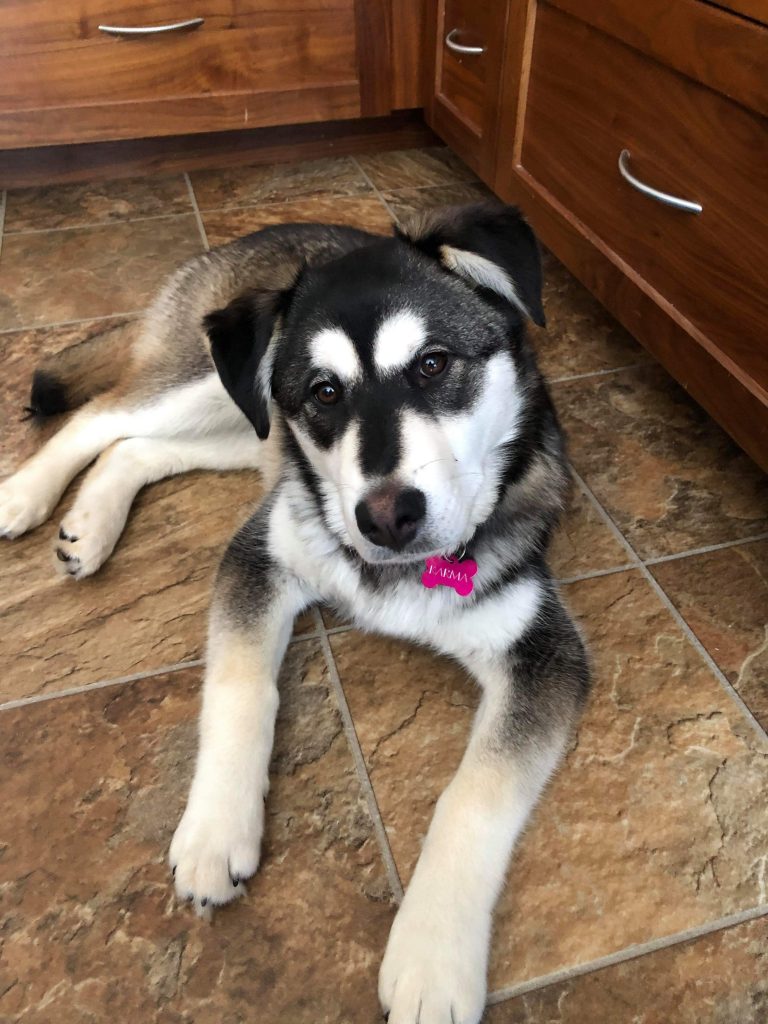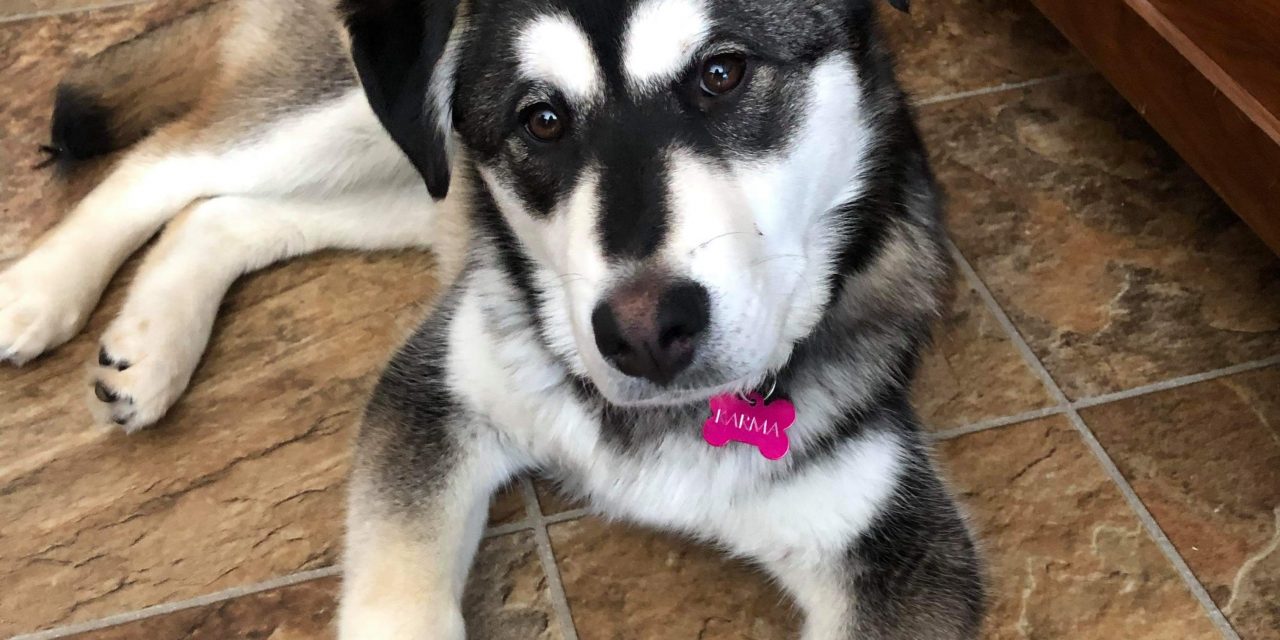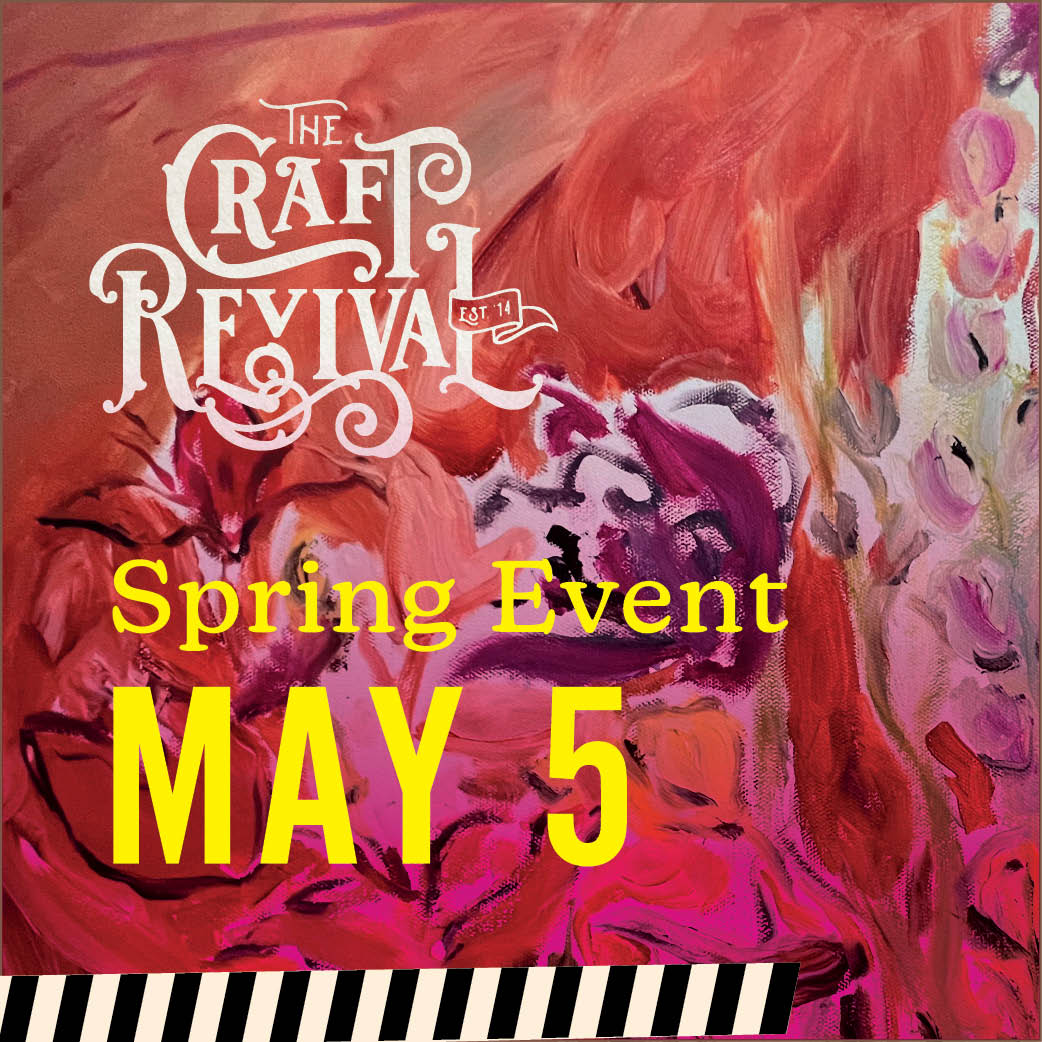New Pet Owners Search for Vet Care as Adoptions Soar
By Kim Latimer

Karma has the markings of a sled dog. Perhaps she’s a mix of husky and shepherd; she’s a rescue, so nobody knows for sure. Karma has dark brown, curious eyes and adorable, disproportionately large puppy paws.
“We named her Karma because she was just meant to be. Everything worked out the way we needed it to, when we needed it most,” says Lindy Osipenko-McDonald, the proud new owner of the six-month-old puppy.
A 2020 U.K. pandemic-related mental health study from the University of York and University of Lincoln found that sharing a home with a pet correlates to better mental health and reduced loneliness. More than 90% of the 6,000 study participants said their pet helped them cope emotionally during lockdown and 96% said the pet both increased their physical activity and decreased psychological stress. But for Osipenko-McDonald, her family’s decision to get a new puppy was less about her own mental health, she says, and more about her concern for the dog’s well-being. Prior to the pandemic, she felt she couldn’t be there for a new puppy.
“The pandemic has changed the way my work life looks,” she says. “I used to be out of the house at work for over nine hours a day and then would pick up my kids from daycare. I didn’t want to add a new pet to our lives and leave them alone that long each day. Having worked from home since April 2020, the pandemic gave us the opportunity to be home to raise, train and just be with a new family pet.”
Finding a puppy, however, proved challenging. For some, the wait list is long and takes months of advance notice. Animal adoptions also spiked during the first wave of COVID-19. “I didn’t realize the high demand for pets during the pandemic,” Osipenko-McDonald says. In January, she was closely following several online rescues and it took a few weeks before the family found Karma. She was being fostered by Northern Critters In Need, a charitable dog rescue based in Ignace that matches families with dogs from surrounding communities and northern First Nations. “Finding the right family takes time and trust,” Osipenko-McDonald says. “Understandably, they don’t want the dogs to go to the wrong people.”

This demand for pandemic puppies is also stretching veterinary services thin. Now, in wave two of the pandemic in Northwestern Ontario, clinics in the Thunder Bay area are very busy, with some no longer accepting new clients at all. Tanis Ylimaki, the practice manager at Crossroads Veterinary Clinic in Thunder Bay, says the shortage of vets locally is straining animal clinics, causing new pet owners to travel outside the city to find care. “[Thunder Bay is] in a tight spot right now,” she says. “We don’t have enough vets to meet the demand. People are driving to Dryden to get care, because in Thunder Bay it’s getting overwhelming. No clinic wants to say ‘no, we can’t take on a new animal’ but we need to be able to ensure our clients are taken care of.”















